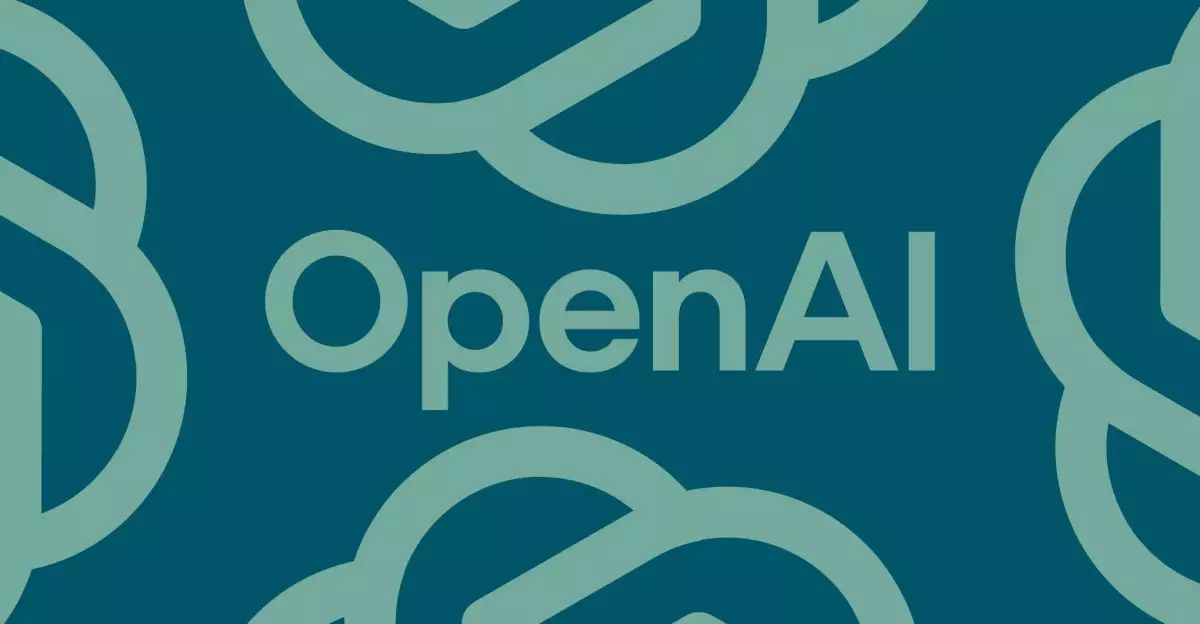The landscape of artificial intelligence is becoming increasingly competitive and contentious, with high-profile figures like Elon Musk at the center of dramatic legal disputes. The recent countersuit filed by OpenAI against Musk starkly highlights the growing rift between the visionary entrepreneur and the organization he once helped establish. By alleging that Musk’s actions constitute bad faith attempts to undermine their progress, OpenAI is not only defending its integrity but also asserting its commitment to its foundational principles. The implications of this ongoing feud extend beyond individual ambitions; they raise vital questions about the role of profit in technology that is supposed to benefit humanity as a whole.
The Accusations: Musk’s Disruption and Control
OpenAI’s legal team has articulated a vision of Musk as a disruptive force, noting that his “fake takeover bid” is aimed at derailing their future innovations. Such dramatic allegations represent not just a clash of personalities but of ideologies. Musk’s original ties to OpenAI were rooted in a noble mission—developing artificial general intelligence (AGI) to benefit humanity. However, his later actions have suggested a pivot from altruism to self-interest. The irony is thick when one considers that Musk, who passionately advocates for humanity’s future, is accused of engaging in tactics that could ultimately stymie advancements designed to ensure that future.
Legal Theater: The Intensifying Conflict
Musk’s legal strategy, marked by an initial lawsuit in spring, showcases his eagerness to reclaim what he perceives as a distortion of OpenAI’s mission. While some observers, including The Verge’s editor-in-chief Nilay Patel, have critiqued Musk’s claims as “hilariously bad,” the implications are serious. Musk’s drop of his first lawsuit followed by a renewed legal assault in August suggests a relentless pursuit of influence over an organization he once co-founded. As this legal saga unfolds—with a trial scheduled for spring 2026—the stakes grow substantially higher, not only for Musk and OpenAI but for the broader tech industry striving to balance profit motives with ethical imperatives.
The Broader Implications: AI’s Ethical Future
At the heart of this dispute lies a poignant ethical dilemma that permeates the tech world: Can organizations maintain their altruistic missions when faced with the lure of commercial success? Watching Musk’s maneuvers raises the question of whether the pursuit of profit necessarily corrupts the noble intentions behind technological advancements. OpenAI’s commitment to prioritizing the societal impacts of AI over mere profit maximization sets a significant precedent, but it also opens the door to further conflicts, particularly as rival companies like Musk’s own ambitions put them on a collision course.
With litigation as the battleground, the outcome of this conflict could reshape not just Musk’s relationship with OpenAI, but the entire framework within which AI innovations develop. As we observe events unfold, it’s crucial to understand that the struggle is emblematic of a larger challenge: the quest to shape a future where technology serves the greater good, rather than the interests of the select few.


Leave a Reply